COVID-19 Impact
Covid-19 has changed our world. While it has caused a lot of disruption, and dramatically re-shaped our lives, the Center for Global Health Co-Directors have all found interesting ways to respond to COVID-19 by incorporate the pandemic into their research, their approach to teaching and collaborating with local organizations.
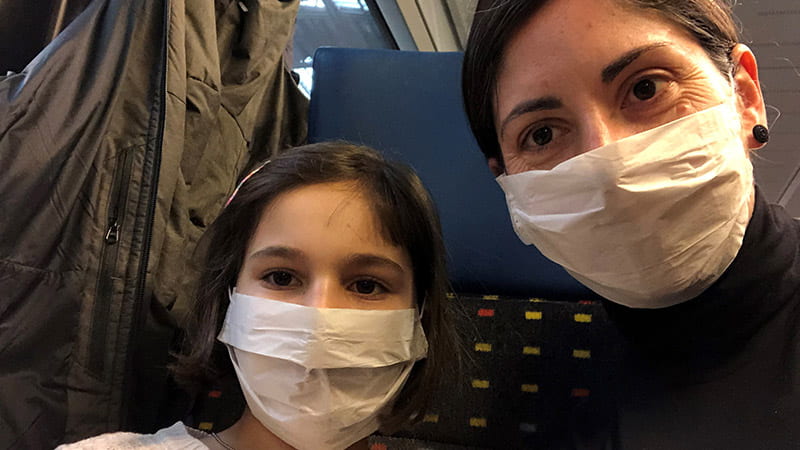
Associate Professor Melissa Garboyes happened to be living in Milan, Italy doing research when COVID-19 struck the country. Currently, her family is strictly adhering to the home-based lockdown. She is now serving as an expert speaking about the current conditions in Italy, the historical parallels, the response by Italian citizens and government, and how the disease may play out on the African continent. She has been featured in the Oregonian, Associate Press, The Wall Street Journal, podcasts, and other media outlets. See all of her COVID-19 related work here.
Also, check out her feature in Around the O about Professor Garboyes and her family’s experience watching the COVID-19 situation unfolded around them in Italy.
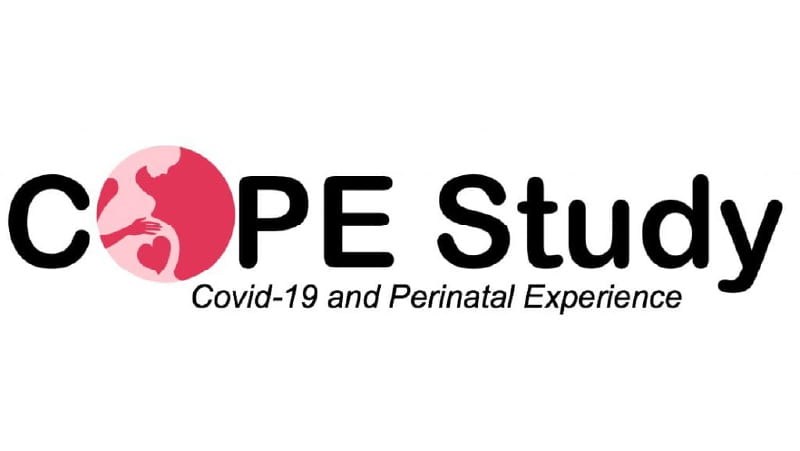
Researchers at the University of Oregon have joined forces with researchers from around the country and internationally to examine the impact of COVID-19 on the perinatal experience. The study, directed here at the UO by Associate Professor of Psychology Jennifer Ablow, is known as the COVID 19 and Perinatal Experiences Study or COPE Study.
Professor Ablow, with UO Center for Global Health Co-Director Jeff Measelle, has partnered with Dr. Emily Little from Oregon WellMama to bring scientific and, ultimately, practical resources to local expectant women and new mothers. The goal of the COPE Study is for every English and Spanish speaking pregnant women and parents of infants younger than 6 months in Lane County to have the opportunity to complete the survey.
The primary objective is to assess health related concerns around the virus during pregnancy or during the early postnatal periods. Potential participants can link to the English version of the online survey here, while Spanish speaking potential participants can link to the Spanish version of the survey here.
Given strong projections that this type of pandemic will arise again, and perhaps with even greater frequency in the future, Professor Ablow “hopes that the results from this rare opportunity, targeted at this exquisitely sensitive period of life, will provide invaluable scientific insight that will improve the lives of millions of parents and their infants.”
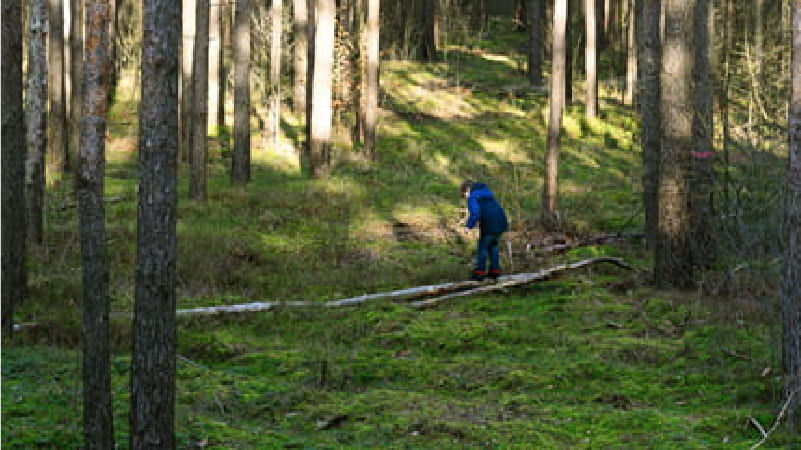
Professor of anthropology Josh Snodgrass was interviewed on the local podcast, the James Crepea Show, about the coronavirus from a historical context. He discusses what we know and what we still need to learn to combat COVID-19 both locally and in a wider context.
Professor Snodgrass also is featured in an article in Fatherly magazine about how to safely play outside. The article explores how to take care of both your physical and mental health! It is a great read, especially for people with children.
To learn more about Professor Snodgrass’s work regard COVID-19 and other public health issues, go to his website: http://www.pinniped.net/snodgrass.html
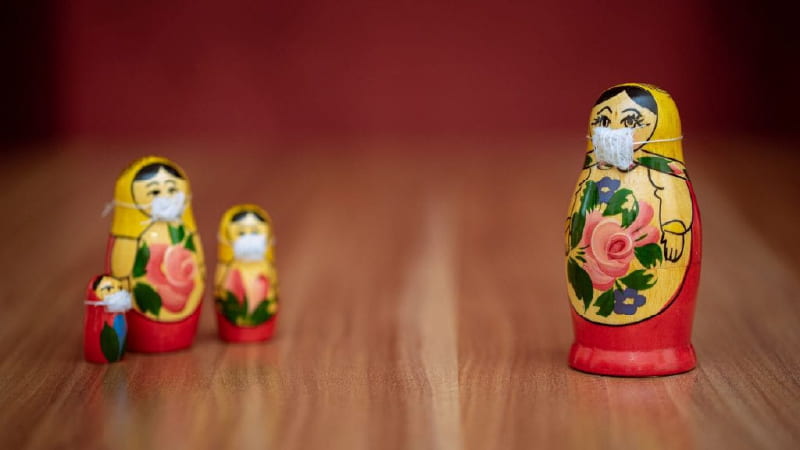
During winter, 2019, I was teaching INTL 340, Global Health & Development. As coronavirus came into public awareness, I incorporated it into class discussions for INTL 340, addressing issues such as the ways international political interests were shaping coronavirus responses, as well as the disconcerting re-emergence of racist discourse about the Chinese origins of the virus.
Over spring break, I decided to bring a course offering to Global Health minors and other students who were losing opportunities for study abroad and local internships due to the pandemic and am teaching INTL 410/510 Spring term, “Experiential Learning: Global Health Crisis,” in which we are following the pandemic and global and local responses. Students in the class are developing innovative projects, using social media and web-based platforms, to compare country-level and US state responses to coronavirus. Teaching this class is enabling me to think through, with students, the ways in which the current pandemic raises longstanding issues in global public health, including the legacies of colonialism, social determinants of health, and the role of governments in ensuring the health of their populations. This is certainly a challenging time for UO students, but it also showcases the importance of global public health, and I know my students will go on to make a difference in this, and future, public health crises.
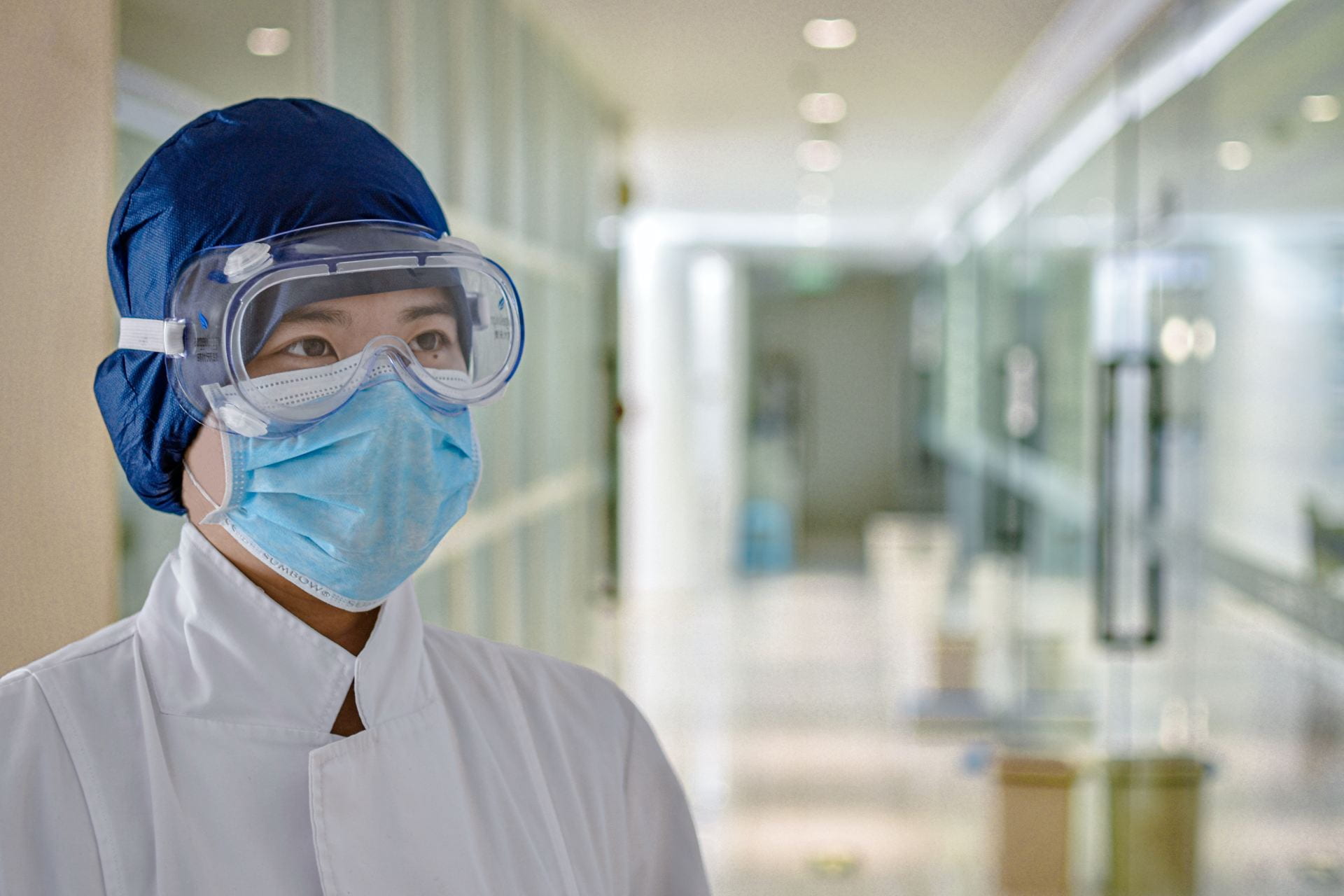
Keep your eyes peeled for more COVID-19 updates from the UO Center for Global Health! Also go to our faculty and staff affiliates page to learn more about their public health research!